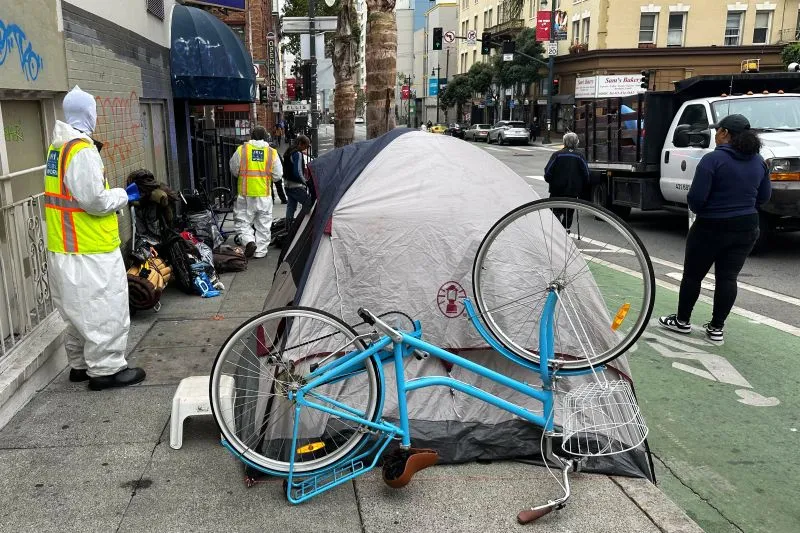The Intersection of Homelessness, Law Enforcement, and Medicaid Initiatives

The Impact of Enforcement on Homeless Healthcare
California's homelessness policies have intensified, particularly after a recent Supreme Court ruling. These law enforcement actions have dire consequences for low-income individuals reliant on Medicaid and related programs, such as CalAIM. Professionals in street medicine report that many patients are finding themselves unwell due to the interruption of their healthcare services.
Disruption of Continuity of Care
Healthcare providers observe that homeless individuals suffer greatly when uprooted from their habitual locations. The effort to clear encampments is seen as a waste of resources that instead should be directed toward building long-term housing solutions. Patients are losing access to essential medications and medical documentation, prolonging their already precarious situations.
- Medicaid Initiatives like CalAIM provide assistance but are hindered by these policies.
- Continuity of care is crucial for the health of homeless individuals.
- Law enforcement’s focus is on immediate action rather than sustainable solutions.
Broader Impacts of Homeless Sweeps
Experts highlight that ongoing crackdowns generate a chaotic environment for those in need. Front-line workers face daunting challenges in maintaining the health and wellbeing of vulnerable populations. Studies indicate that supportive healthcare, when intertwined with social services, yields more effective outcomes than punitive approaches.
- Underfunding of Health Services: Despite the funds allocated, many are rendered ineffective.
- Increased Health Risks: Patients are at higher risk of deterioration in their conditions.
- Social Isolation: Uprooted individuals risk losing social services critical for their recovery.
This article was prepared using information from open sources in accordance with the principles of Ethical Policy. The editorial team is not responsible for absolute accuracy, as it relies on data from the sources referenced.